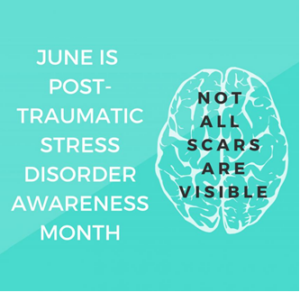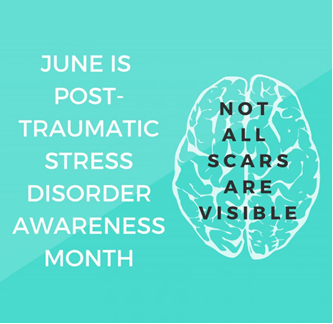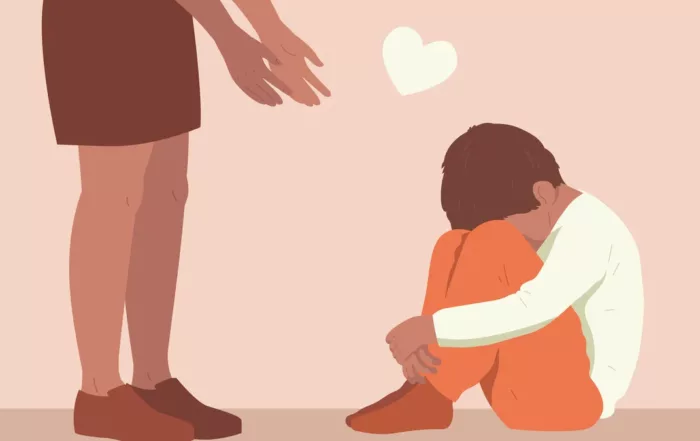
By The National Institute of Mental Health
Post-traumatic stress disorder (PTSD) is a disorder that develops in some people who have experienced a shocking, scary, or dangerous event. It is natural to feel afraid during and after a traumatic situation. Fear is a part of the body’s “fight-or-flight” response, which helps us avoid or respond to potential danger. People may experience a range of reactions after trauma, and most people recover from initial symptoms over time.
Those who continue to experience problems may be diagnosed with PTSD.
Share This Post!
Post-Traumatic Growth
Psychology Today Post-Traumatic Growth is the positive psychological change that some individuals experience after a life crisis or traumatic event. Post-traumatic growth doesn’t deny deep distress, but rather posits that adversity can [...]
Talking to Children About War
Provided by the National Child Traumatic Stress Network The recent tragic events in Israel has impacted many directly who have experienced a personal loss or by witnessing this type of violence [...]
Key Ingredients for Successful Trauma-Informed Care Implementation
By Christopher Menschner and Alexandra Maul, Center for Health Care Strategies Because of the potentially long-lasting negative impact of trauma on physical and mental health, ways to address patients’ history of [...]
What is post-traumatic stress disorder (PTSD)?
By The National Institute of Mental Health Post-traumatic stress disorder (PTSD) is a disorder that develops in some people who have experienced a shocking, scary, or dangerous event. It is natural [...]
InBrief: Early Childhood Mental Health
Published by The Center on the Developing Child, Harvard University The science of child development shows that the foundation for sound mental health is built early in life, as early experiences—which [...]
At the Intersection of Autism and Trauma
By Lauren Gravitz Having autism can sometimes mean enduring a litany of traumatic events, starting from a young age. “We know that about 70 percent of kids with autism will have [...]







